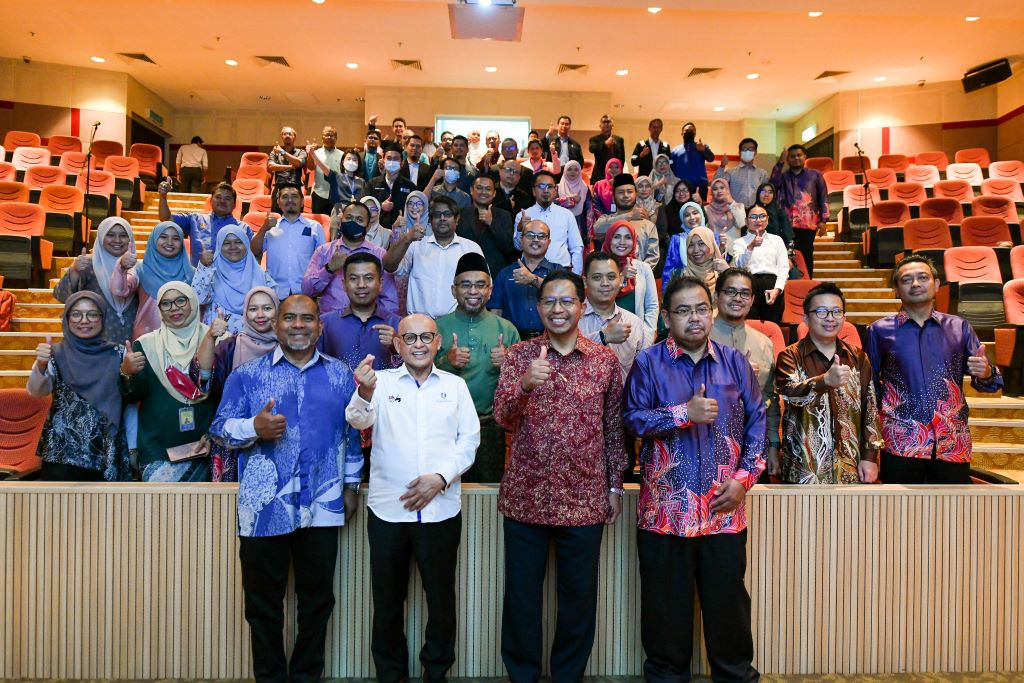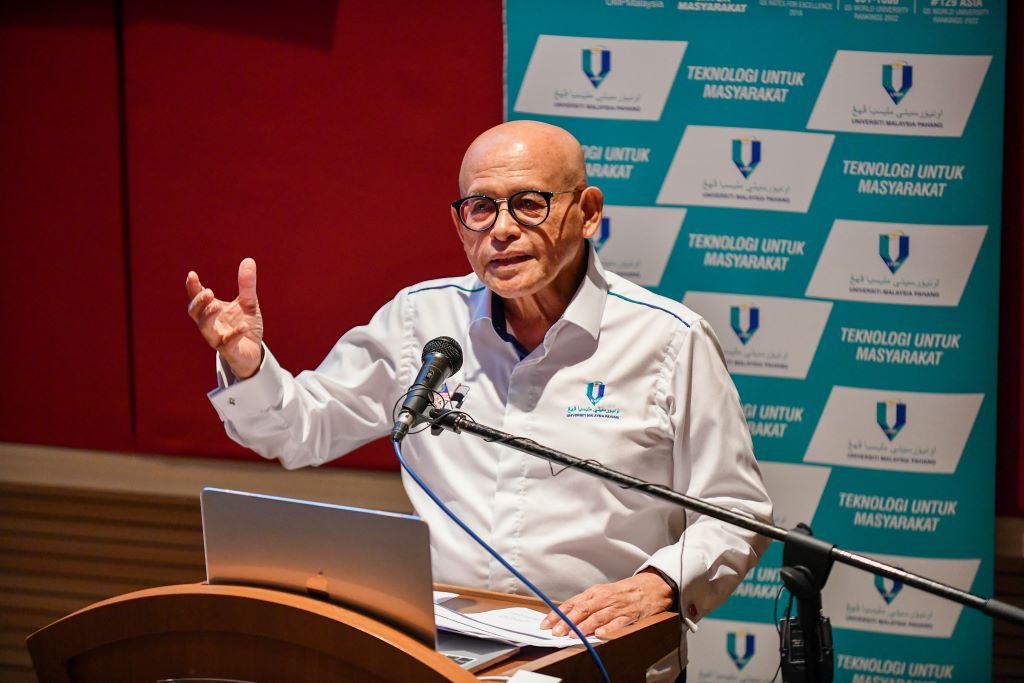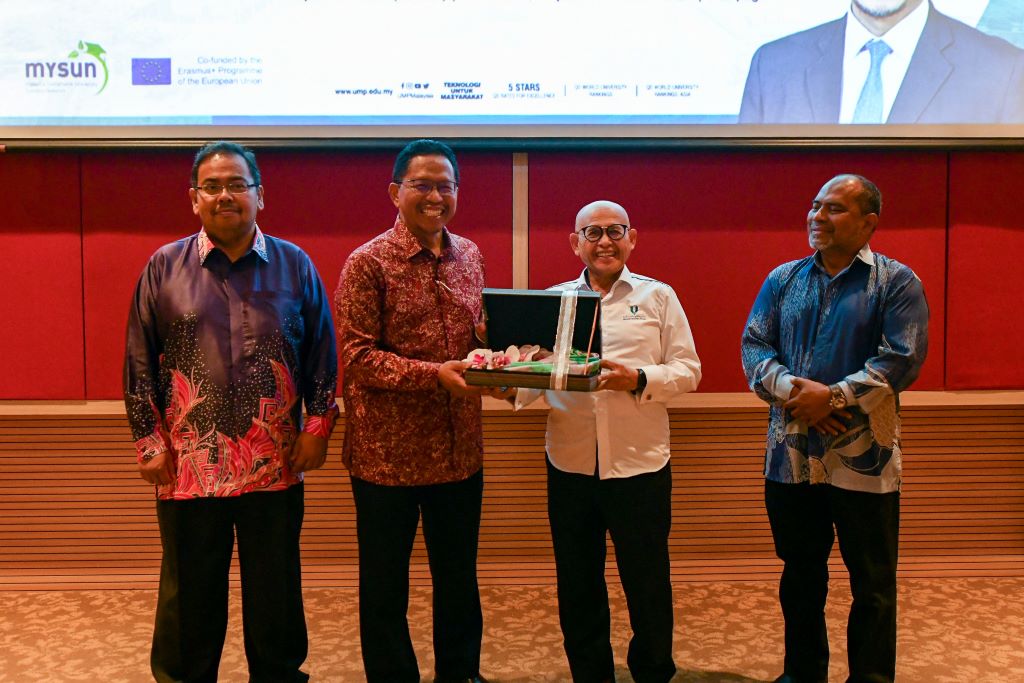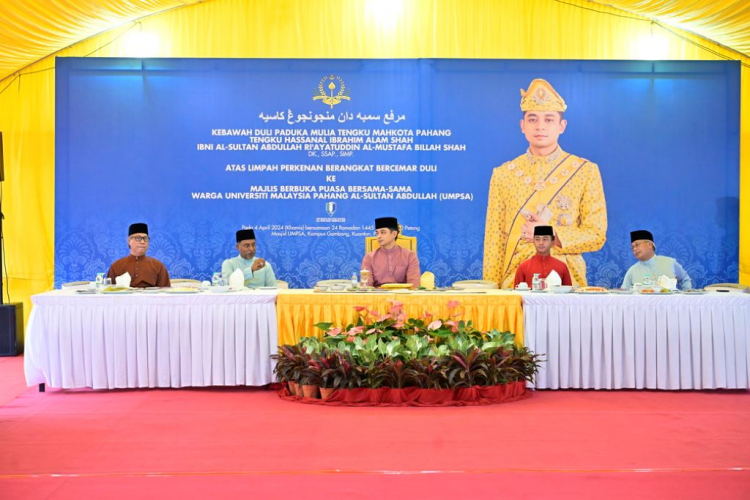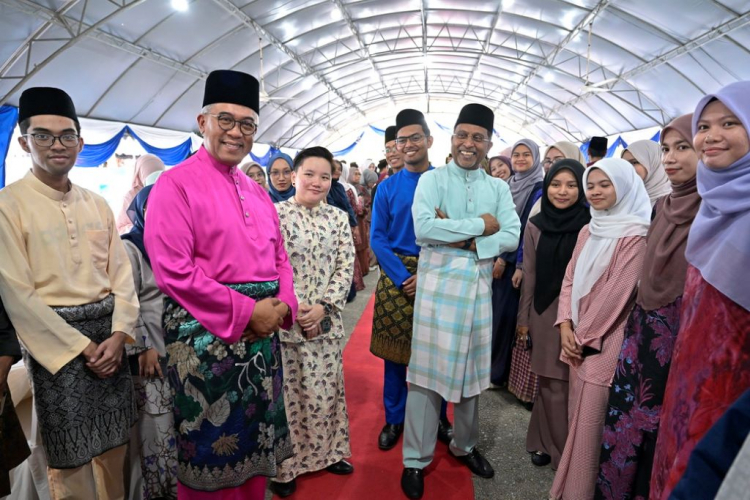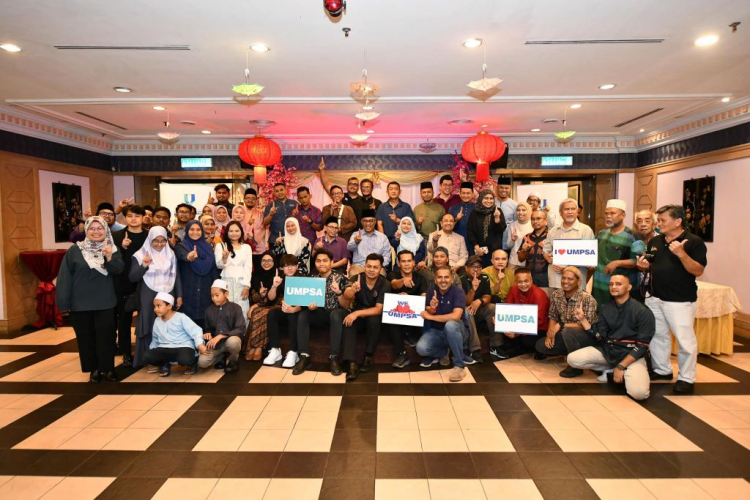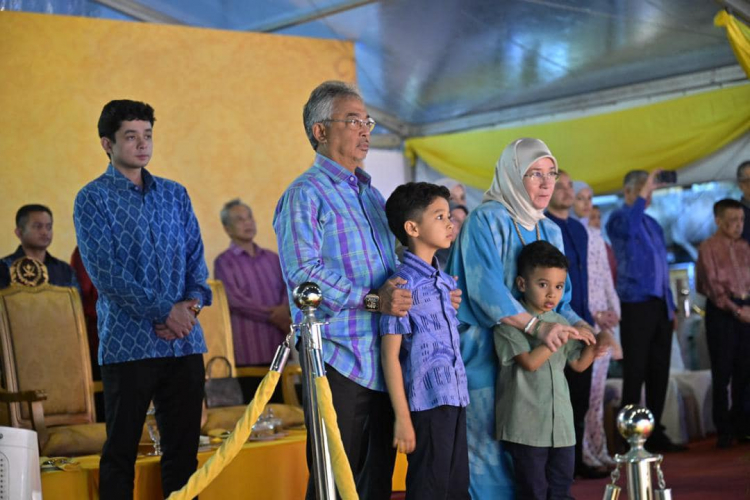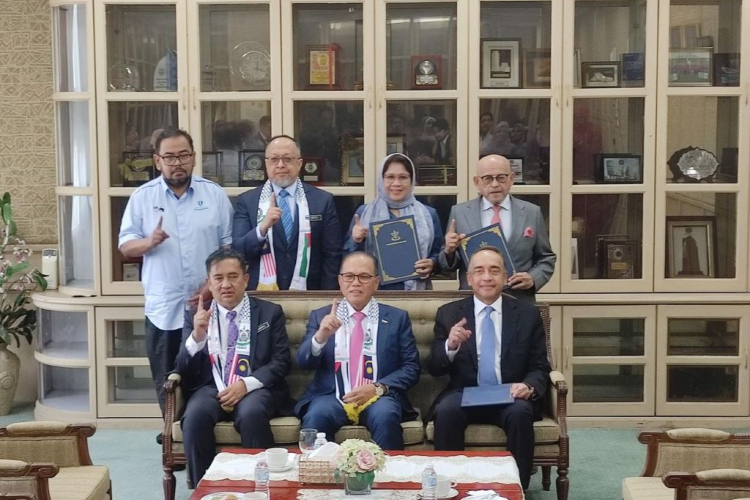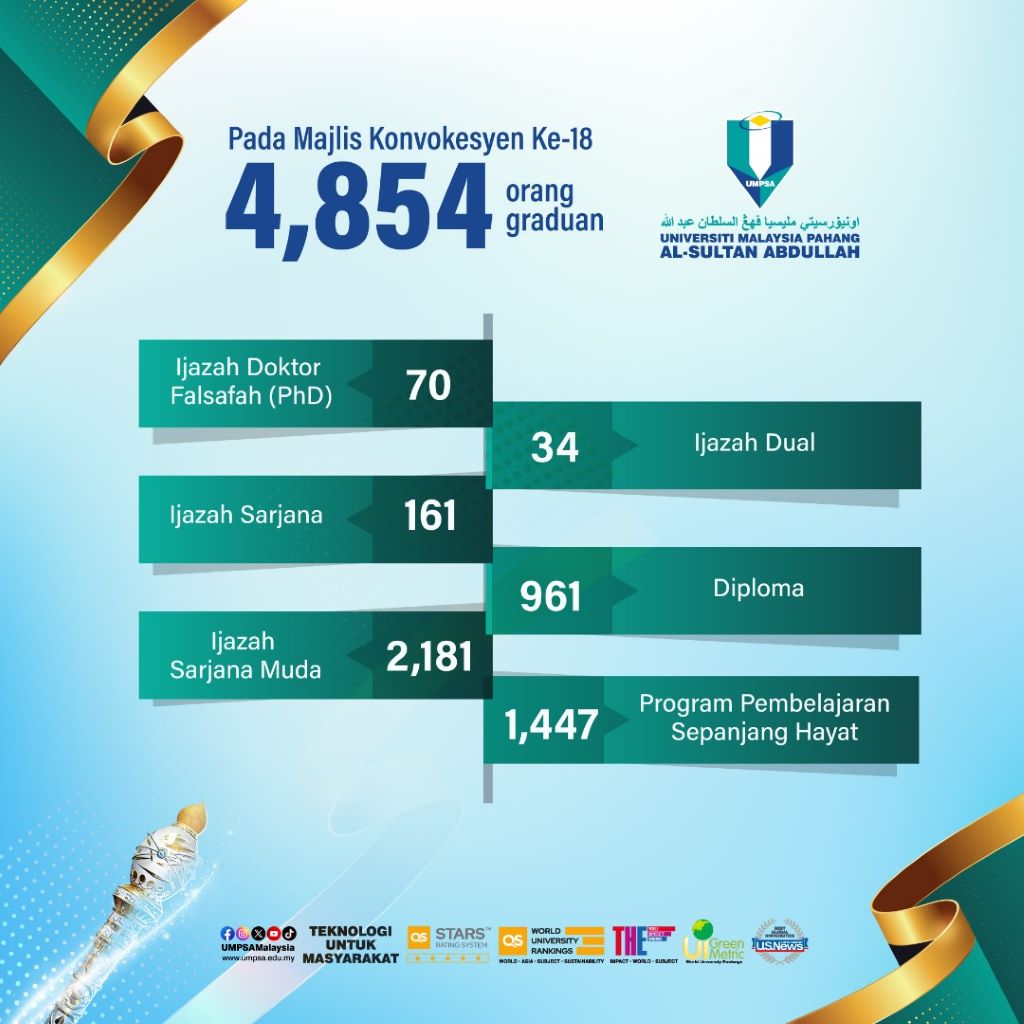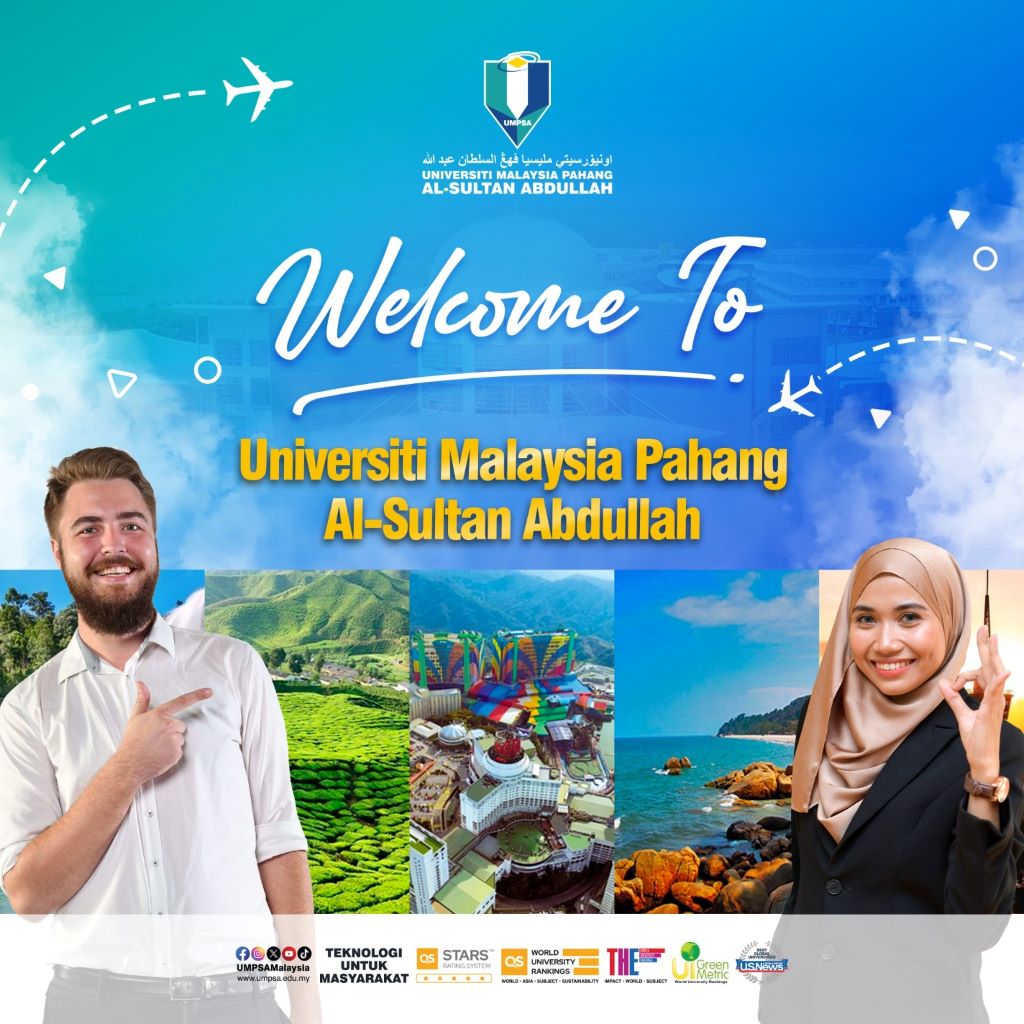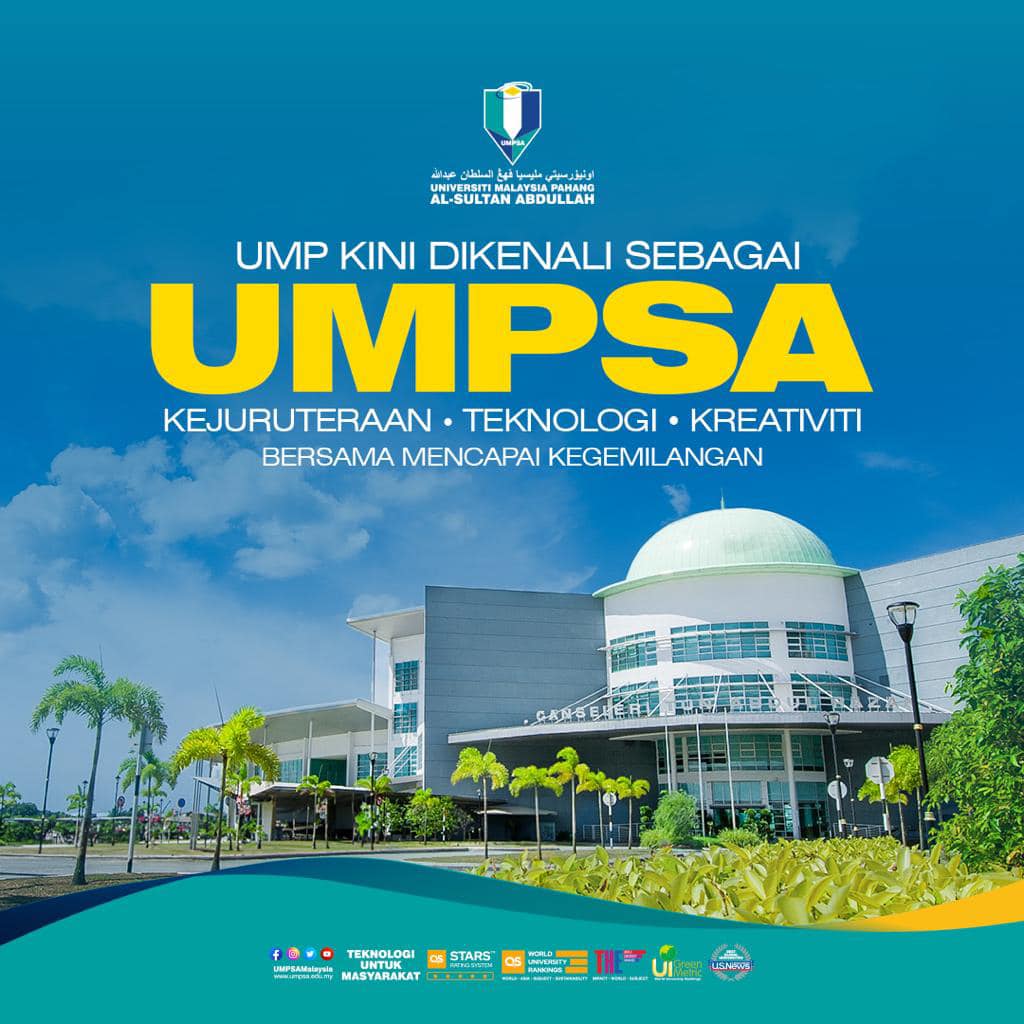Sustainable lifestyle contributes to environmental preservation
PEKAN, 23 September 2022 – Cycling and walking are sustainable lifestyle practices that contribute to the preservation of the environment.
The Ministry of Environment and Water (KASA) became the first ministry to implement the ‘Cycling to Office’ programme which supports the government’s efforts to preserve the environment.
According to the Secretary General of KASA, Dato’ Seri Ir. Dr. Zaini Ujang, it takes 10 to 15 minutes to travel to work within a radius of around 5 km in Putrajaya and he once cycled 14 km in around 35 minutes from his residence in Bangi to the office.
“It can also reduce fuel consumption and traffic congestion in addition to making the environment carbon-free.
“Do simple things at a low cost and acculturate energy and water savings.
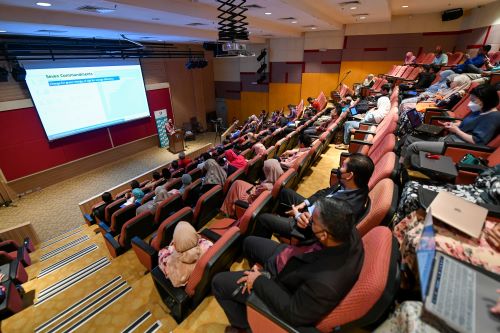
“It is estimated that 30 per cent of energy savings can be achieved through austerity practices as the first step, followed by increased efficiency level,” he said.
For him, energy reduction is better, including using facilities that suit the needs by taking measures to save electricity and use water prudently since more water and energy resources are needed when more water is used.
“In addition, the university has scholars and students who are certainly capable of benefiting others,” he said.
He also advised the researchers to continue doing research that can benefit the welfare of the community and acculturate sustainable practices in life.
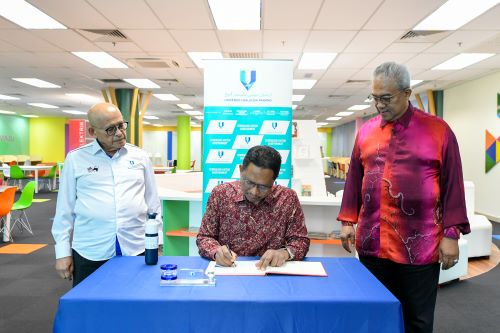
In addition to contributing to this effort, he also proposed a project that could be implemented, such as UMP becoming a collection centre for electronic waste (e-waste), including damaged, malfunctioned, or obsolete electrical and electronic items such as mobile phones, computers, televisions, washing machines, refrigerators and air conditioners.
According to him, e-waste has become a problem worldwide as more electrical and electronic items are manufactured, increasing the amount of e-waste that needs to be disposed of or managed.
He was present in the Knowledge Discourse programme titled Environmental Preservation: From Computer Modelling to Global Agenda, organised by the UMP Institute of Civilisation and Strategic Studies (ITKAS), as part of UMP’s efforts to achieve the 17 Sustainable Development Goals (SDG) for a better and sustainable future by 2030.
According to the Chairman of the UMP Board of Directors, Tan Sri Dato’ Sri Dr. Abdul Aziz Abdul Rahman, UMP has developed a Sustainable Campus blueprint as a guide for the university to achieve its interest towards Sustainable Malaysia 2030 based on the Green Technology Master Plan Malaysia 2017-2030.
“UMP has also established a special committee to execute the blueprint.
“Based on the UI GreenMetric criteria, the UMP Sustainable Campus blueprint also applies elements of sustainability as a whole and is not only focused on physical development.
“UMP always opens opportunities for campus associates to foster a culture of sustainable environment and in line with the needs of the Industrial Revolution 4.0 era by implementing digital transformation towards a smart campus to remain relevant to the current needs and expectations of stakeholders based on the resources and expertise available in the field of big data, internet of things (IoT), green campus and digitalisation,” he said.
“All these are mediums that will lead to a shift in the use of technology.
“UMP has planned various initiatives to support activities to conserve resources and improve the quality of the environment,” he said.
Through various research initiatives, this step is able to produce more researchers who will benefit and move in line with the country’s needs.
In the ceremony, Dato’ Seri Ir. Dr. Zaini also contributed his books for UMP staff reference.
Also present at the ceremony were the UMP Vice-Chancellor, Professor Dato’ Ts. Dr. Yuserrie Zainuddin, Deputy Vice-Chancellor (Academic & International), Professor Ts. Dr. Mohd. Mohd Rosli Hainin and Deputy Vice-Chancellor (Research & Innovation), Professor Ts. Dr. Kamal Zuhairi Zamli.
By: Mimi Rabita Abdul Wahit, Corporate Communications Division, Chancellery Department
Translation by: Dr. Rozaimi Abu Samah, Engineering College/Faculty of Chemical and Process Engineering Technology


